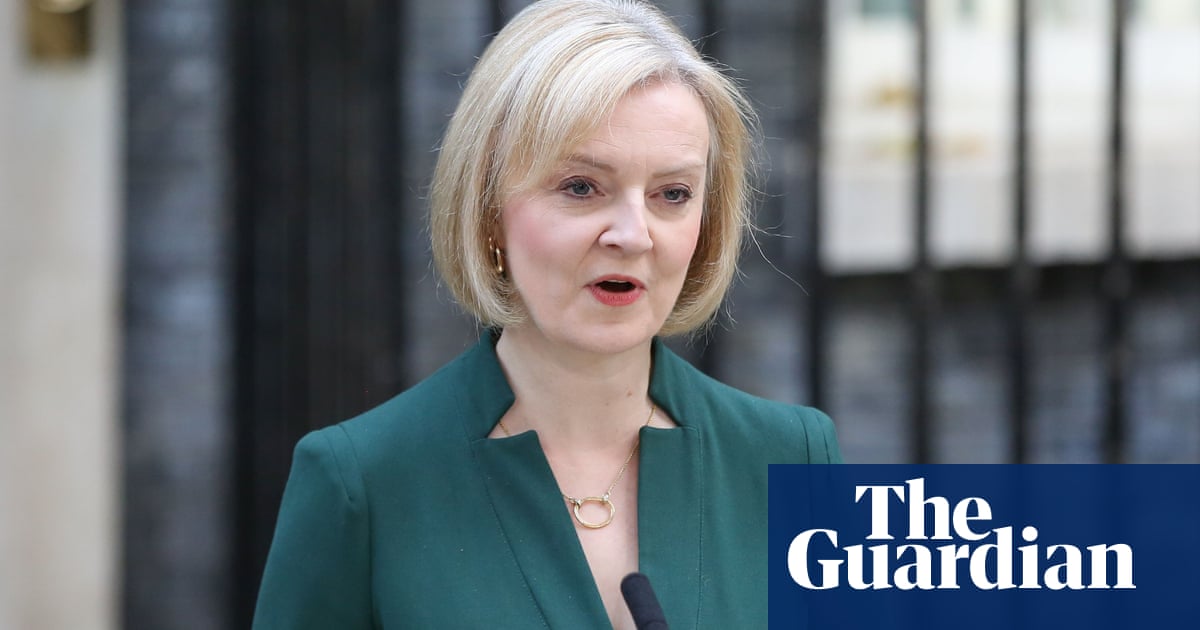
Jacob Rees-Mogg asked Rishi Sunak to reconsider impending tax rises as the chancellor and the prime minister came under sustained fire from Conservative MPs to tackle rising costs of living.
Ministers are examining further targeted measures to mitigate soaring energy costs for vulnerable households including potentially extending the warm homes discount – but are set to reject a VAT cut.
During a cabinet debate on Wednesday, Rees-Mogg is understood to have suggested the chancellor, Sunak, should ditch the impending 1.25 percentage point increase in national insurance to ease the squeeze.
One source said Rees-Mogg did not get widespread support from other ministers, but he has long been known to be sceptical of the plan, presented by Johnson as an additional £12bn in funds to tackle the NHS backlog and reforms for social care. The other key sceptic over the rise, David Frost, quit the cabinet before Christmas.
It came as a summit of industry leaders with the business secretary, Kwasi Kwarteng, ended without agreement on demands from some suppliers for a £20bn loan scheme to rein in bills driven upwards by high wholesale prices and a wave of energy supplier failures.
Sources said that Sunak, at the cabinet meeting, mounted a robust defence of the mitigations the government has already put in place to help households who will be faced with rising energy costs and tax rises from April – citing the universal credit taper cut and a £500m household support fund.
But officials have been tasked with trying to find any other measures that could have a significant impact, including examining extending current measures like the £140-a-year warm homes discount.
A government source suggested the timing of any intervention would depend on negotiations with industry before the decision on the price cap was made in February.
Another option is removing VAT on energy bills, a move that MPs have lobbied for but over which Johnson has expressed public scepticism, calling it a “blunt instrument”. One cabinet minister said Sunak believed 5% of VAT on energy bills was unappealing as it would be a likely permanent loss of revenue.
But Johnson’s spokesperson reiterated that the government would act to lessen the burden. “We will listen to consumers and businesses. We are mindful of the increase in energy prices and the effect it has across the country,” he said.
Calls are also growing from Conservative MPs for the government to remove green levies, used to fund renewable energy schemes as well as the warm homes discount itself, and reform of the energy price cap.
At PMQs, MPs lined up to express concern over rising prices. John Penrose demanded “structural reform to the energy price cap rather than just resetting it later this year”.
Caroline Johnson, another Tory MP, said constituents were contacting her daily about “rising utility bills and the cost of fuel for their cars” saying they needed a “reliable and affordable source of energy”.
DUP MP Sammy Wilson said the PM should “use our Brexit freedom” to review the VAT on bills. Twenty Tory MPs, including Robert Halfon and Steve Baker, wrote to Johnson over the weekend to urge him to cut VAT on energy bills and remove the environmental levy.
One minister said they were concerned about the damage Labour could do on the issue, saying the cost of living is “going to be a massively effective Labour attack line”.
Kwarteng convened another meeting of energy bosses on Wednesday to continue talks on a loan scheme backed or administered by the government but funded by a commercial lender. The business secretary has insisted risk must not be borne by taxpayers and sources described discussions as a “slow burner”.
Ofgem, the energy regulator, is due to announce the level of the next energy bill cap on 7 February, amid concern that average bills will rise from £1,277 to more than £2,000 when the cap actually comes into effect on 1 April.
“We’re in something-must-be-done territory,” said one energy industry source, adding that there was a “ticking clock” until Ofgem’s decision.
“It’s not impossible to do something after that but one imagines you’d want to do it before that because otherwise it won’t be a very happy story for all concerned.”
At PMQs, Labour’s deputy leader Angela Rayner who stood in for an isolating Keir Starmer, said families would face an onslaught of high bills and higher taxes, another Tory sore point.
Rayner castigated Johnson over the impact of inflation and rising bills, saying: “In October the prime minister said that fears about inflation were unfounded, but working people across the country are starting the new year facing rising bills and ballooning prices. So how did he get it so wrong?”
Johnson insisted he “said no such thing” but in an interview with Sky News in October, he had said: “People have been worried about inflation for a very long time, and those fears have been unfounded.”
At the end of prime minister’s questions, Rayner raised a point of order, noting this and asking if Johnson “would like to correct the record”, which he did not.












